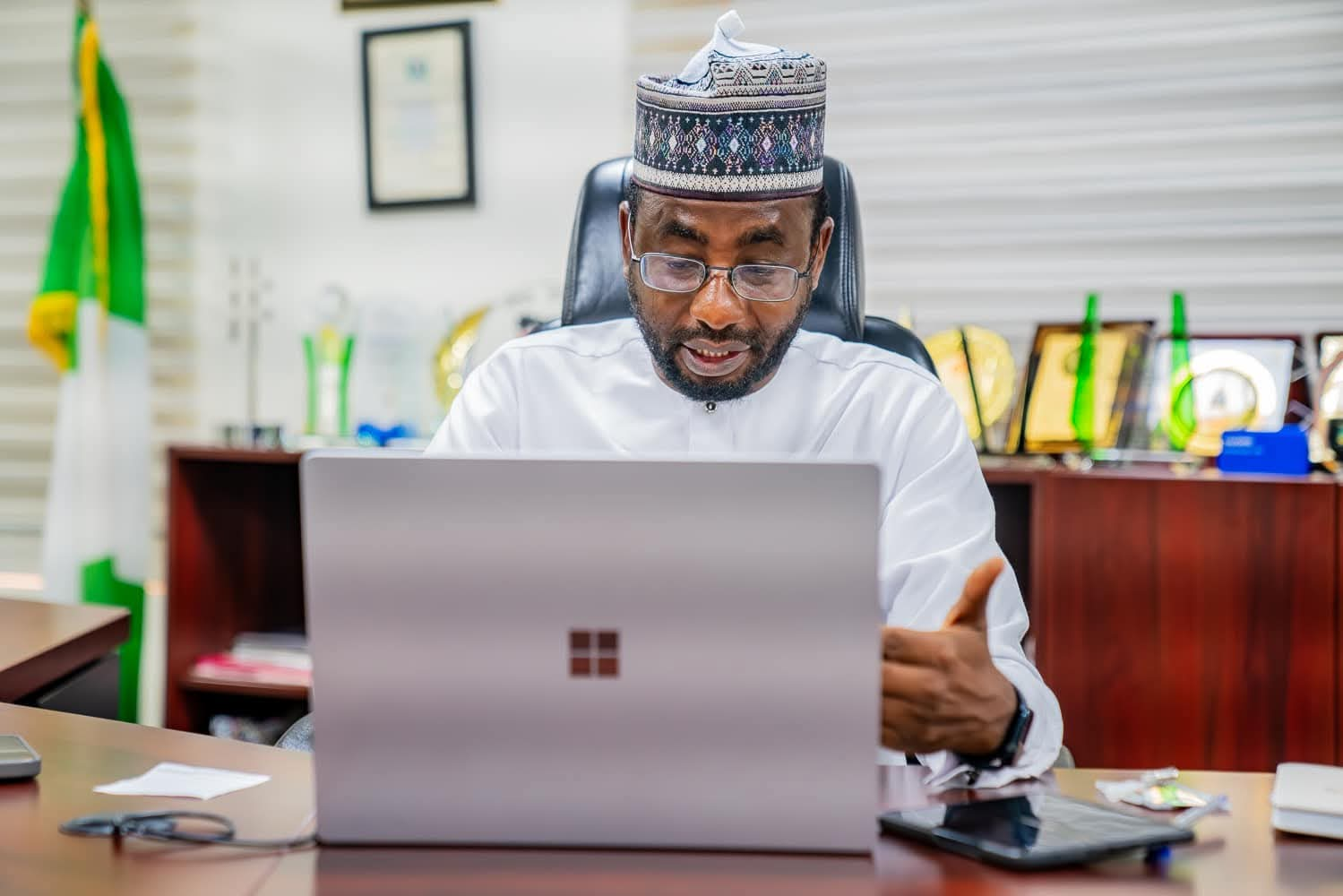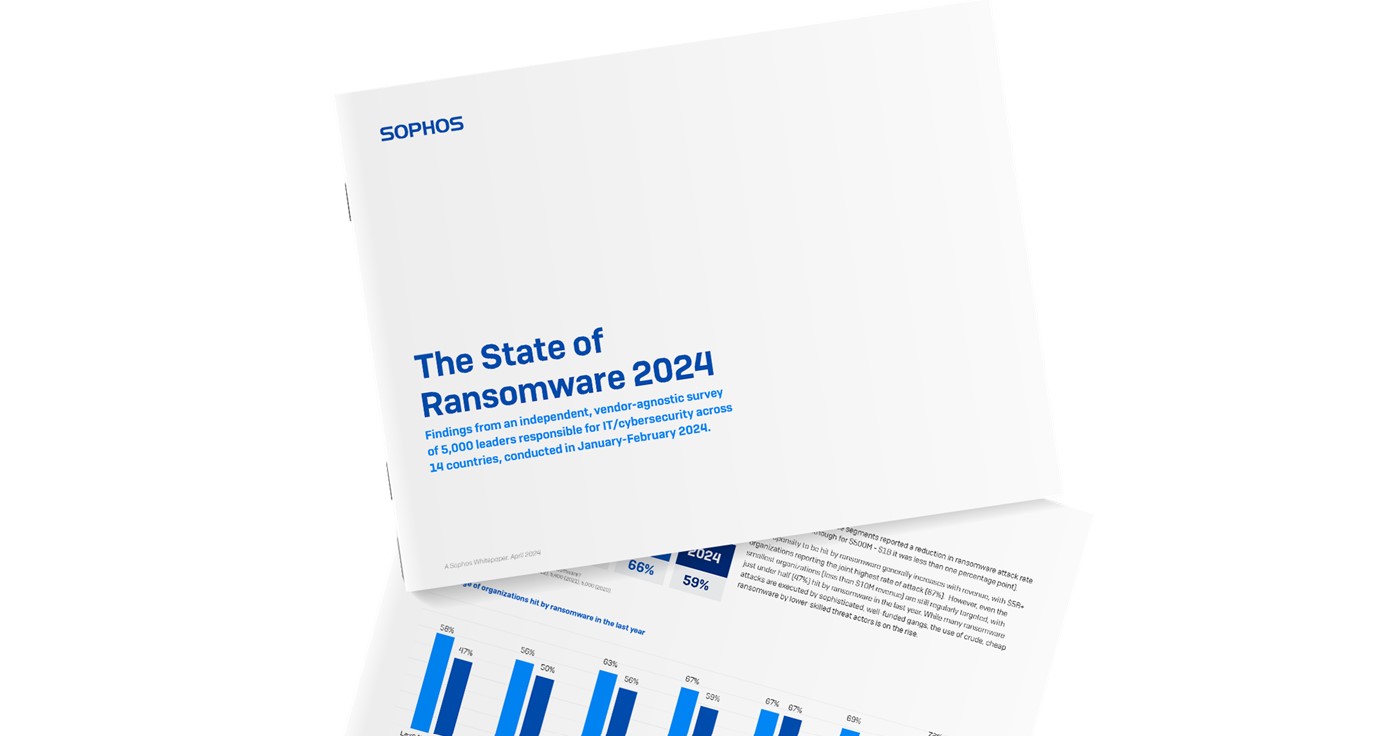TechNews
Meta to lay off Additional 10,000 staff soon


Facebook parent company, Meta, has confirmed it will cut 10,000 jobs in coming months, after 11,000 layoffs in December.
The Chief Executive Officer of Meta, Mark Zuckerberg, announced this via his Facebook page on Tuesday, sharing the internal memo he sent employees.
Here is what he wrote,
“I just shared this update on our Year of Efficiency with Meta employees…
Meta is building the future of human connection, and today I want to share some updates on our Year of Efficiency that will help us do that. The goals of this work are: (1) to make us a better technology company and (2) to improve our financial performance in a difficult environment so we can execute our long term vision.
Our efficiency work has several parallel workstreams to improve organizational efficiency, dramatically increase developer productivity and tooling, optimize distributed work, garbage collect unnecessary processes, and more. I’ve tried to be open about all the work that’s underway, and while I know many of you are energized by this, I also recognize that the idea of upcoming org changes creates uncertainty and stress. My hope is to make these org changes as soon as possible in the year so we can get past this period of uncertainty and focus on the critical work ahead.
Here’s the timeline you should expect: over the next couple of months, org leaders will announce restructuring plans focused on flattening our orgs, canceling lower priority projects, and reducing our hiring rates. With less hiring, I’ve made the difficult decision to further reduce the size of our recruiting team. We will let recruiting team members know tomorrow whether they’re impacted.
We expect to announce restructurings and layoffs in our tech groups in late April, and then our business groups in late May. In a small number of cases, it may take through the end of the year to complete these changes. Our timelines for international teams will also look different, and local leaders will follow up with more details.
Overall, we expect to reduce our team size by around 10,000 people and to close around 5,000 additional open roles that we haven’t yet hired. This will be tough and there’s no way around that. It will mean saying goodbye to talented and passionate colleagues who have been part of our success. They’ve dedicated themselves to our mission and I’m personally grateful for all their efforts. We will support people in the same ways we have before and treat everyone with the gratitude they deserve.
After restructuring, we plan to lift hiring and transfer freezes in each group. Other relevant efficiency timelines include targeting this summer to complete our analysis from our hybrid work year of learning so we can further refine our distributed work model. We also aim to have a steady stream of developer productivity enhancements and process improvements throughout the year. As I’ve talked about efficiency this year, I’ve said that part of our work will involve removing jobs — and that will be in service of both building a leaner, more technical company and improving our business performance to enable our long term vision. I understand that this update may still feel surprising, so I’d like to lay out some broader context on our vision, our culture, and our operating philosophy.
Building a Better Technology Company Every day Meta builds new ways for people to feel closer. This is a fundamental human need that may be more important in today’s complex world than ever. One day we hope to enable every person to feel as strong a sense of connection as you feel when you’re physically with someone you love.We do leading work across a wide range of advanced technologies and then distill that into inspiring products that improve people’s lives. We do this with AI to help you creatively express yourself and discover new content, with the metaverse to deliver a realistic sense of presence, with new media formats to create richer experiences, with encryption to let you communicate privately in more and more ways, and with business tools to help reach customers, create opportunity and grow the economy.
Simply put: if you want to invent the future or apply the best ideas to reach people at the greatest scale, then Meta is the best place to do that.With that in mind, here are some of the cultural principles that are guiding our efficiency work towards making Meta an even stronger technology company: Flatter is Faster It’s well-understood that every layer of a hierarchy adds latency and risk aversion in information flow and decision-making. Every manager typically reviews work and polishes off some rough edges before sending it further up the chain.In our Year of Efficiency, we will make our organization flatter by removing multiple layers of management.
As part of this, we will ask many managers to become individual contributors. We’ll also have individual contributors report into almost every level — not just the bottom — so information flow between people doing the work and management will be faster. Of course, there are tradeoffs. We still believe managing each person is very important, so in general we don’t want managers to have more than 10 direct reports. Today many of our managers have only a few direct reports. That made sense to optimize for ramping up new managers and maintaining buffer capacity when we were growing our organization faster, but now that we don’t expect to grow headcount as quickly, it makes more sense to fully utilize each manager’s capacity and defragment layers as much as possible.Leaner is Better Since we reduced our workforce last year, one surprising result is that many things have gone faster. In retrospect, I underestimated the indirect costs of lower priority projects.
It’s tempting to think that a project is net positive as long as it generates more value than its direct costs. But that project needs a leader, so maybe we take someone great from another team or maybe we take a great engineer and put them into a management role, which both diffuses talent and creates more management layers. That project team needs space, and maybe it tips its overall product group into splitting across multiple floors or multiple time zones, which now makes communication harder for everyone. That project team needs laptops and HR benefits and may want to recruit more engineers, so that leads us to hire even more IT, HR and recruiting people, and now those orgs grow and become less efficient and responsive to higher priority teams as well. Maybe the project has overlap with work on another team or maybe it built a bespoke technical system when it should have used general infrastructure we’d already built, so now it will take leadership focus to deduplicate that effort.
Indirect costs compound and it’s easy to underestimate them. A leaner org will execute its highest priorities faster. People will be more productive, and their work will be more fun and fulfilling. We will become an even greater magnet for the most talented people. That’s why in our Year of Efficiency, we are focused on canceling projects that are duplicative or lower priority and making every organization as lean as possible.Keep technology the main thingWe are a technology company, and our ultimate output is what we build for people. Everything else we do is in service of that.As we’ve grown, we’ve hired many leading experts in areas outside engineering. This helps us build better products, but with many new teams it takes intentional focus to make sure our company remains primarily technologists.As we add different groups, our product teams naturally hire more roles to handle all the interactions with those other groups. If we only rebalanced the product teams towards engineering, those leaner product teams would be overwhelmed by the volume of interactions from other groups.
As part of the Year of Efficiency, we’re focusing on returning to a more optimal ratio of engineers to other roles. It’s important for all groups to get leaner and more efficient to enable our technology groups to get as lean and efficient as possible. We will make sure we continue to meet all our critical and legal obligations as we find ways to operate more efficiently.
Invest in tools to get more Efficient We’re focused on the long term. That means investing in tools that will make us most effective over many years, not just this year — whether that’s building AI tools to help engineers write better code faster, enabling us to automate workloads over time, or identifying obsolete processes that we can phase out.Our developer tooling work is underway and seeing good results. For example, Buck2 is our new open source build system that compiles builds around 50% faster so engineers can spend more time iterating and less time waiting. Our analysis found that engineers whose builds were sped up by Buck2 often produced meaningfully more code.In-person time helps build relationships and get more Done We’re committed to distributed work.
That means we’re also committed to continuously refining our model to make this work as effectively as possible.Our early analysis of performance data suggests that engineers who either joined Meta in-person and then transferred to remote or remained in-person performed better on average than people who joined remotely. This analysis also shows that engineers earlier in their career perform better on average when they work in-person with teammates at least three days a week. This requires further study, but our hypothesis is that it is still easier to build trust in person and that those relationships help us work more effectively. As part of our Year of Efficiency, we’re focusing on understanding this further and finding ways to make sure people build the necessary connections to work effectively.
In the meantime, I encourage all of you to find more opportunities to work with your colleagues in person.Improving Business Performance in a Difficult Economic Environment In addition to helping us build a better technology company, our other goal for the Year of Efficiency is to improve our business performance given the new economic reality. Profitability enables innovation. Operating our business more efficiently will give us the resources and confidence to achieve our long term vision by delivering sustainable financial results that make us an attractive company to work at and invest in. When I wrote my first letter to investors during our IPO, I described a basic principle that is still true today: “we don’t build services to make money; we make money to build better services.”For most of our history, we saw rapid revenue growth year after year and had the resources to invest in many new products. But last year was a humbling wake-up call. The world economy changed, competitive pressures grew, and our growth slowed considerably. We scaled back budgets, shrunk our real estate footprint, and made the difficult decision to lay off 13% of our workforce. At this point, I think we should prepare ourselves for the possibility that this new economic reality will continue for many years. Higher interest rates lead to the economy running leaner, more geopolitical instability leads to more volatility, and increased regulation leads to slower growth and increased costs of innovation. Given this outlook, we’ll need to operate more efficiently than our previous headcount reduction to ensure success.In the face of this new reality, most companies will scale back their long term vision and investments. But we have the opportunity to be bolder and make decisions that other companies can’t. So we put together a financial plan that enables us to invest heavily in the future while also delivering sustainable results as long as we run every team more efficiently.
The changes we’re making will enable us to meet this financial plan. I believe that we are working on some of the most transformative technology our industry has ever seen. Our single largest investment is in advancing AI and building it into every one of our products. We have the infrastructure to do this at unprecedented scale and I think the experiences it enables will be amazing. Our leading work building the metaverse and shaping the next generation of computing platforms also remains central to defining the future of social connection. And our apps are growing and continuing to connect almost half of the world’s population in new ways. This work is incredibly important and the stakes are high. The financial plan we’ve set out puts us in position to deliver it.Looking Ahead I recognize that sharing plans for restructuring and layoffs months in advance creates a challenging period.
But last fall, we heard feedback that you wanted more transparency sooner into any restructuring plans, so that’s what I’m trying to provide here. I hope that giving you a timeline and principles for what to expect will help us get through the next couple of months and then move forward as we implement these changes that I believe will have a very positive impact on how we work.In terms of how we should operate during this period, I encourage each of you to focus on what you can control. That is, do great work and support your teammates. Our community is extremely resilient. Change is never easy, but I know we’ll get through this and come out an even stronger company that can build better products faster and enable you to do the best work of your careers.
TechNews
NITDA DG Inaugurates National Technical Working Group on Cloud Infrastructure
REPORTER: Sandra Ani


In a significant move to bolster Nigeria’s digital infrastructure, the National Information Technology Development Agency (NITDA) has inaugurated the Technical Working Group (TWG) on National Cloud Infrastructure.
This initiative aims to enhance local cloud capabilities, attract hyper-scale investments, and position Nigeria as a leading technology hub in Africa.
Speaking at the inauguration, NITDA’s Director-General, Kashifu Inuwa, CCIE, emphasised the need for accurate data and regulatory frameworks to support these initiatives, necessary for Nigeria to control its digital infrastructure, data, and technological future noting that,
“Without this foundation, we cannot achieve true digital sovereignty. Our goal is to build an ecosystem where both local data centre providers can scale, and global hyper-scalers see Nigeria as a viable investment destination.”
While identifying lack of accurate data on Nigeria’s IT infrastructure as significant challenge, Inuwa noted that while Africa comprises nearly 19% of the world’s population, it hosts less than 1% of global data centres.
“This disparity, coupled with limited insights into Nigeria’s existing IT capacity, hampers investment efforts and without clear data on our infrastructure, attracting investment becomes challenging,” he said.
The NITDA boss maintained that, to address this, NITDA commissioned comprehensive research to assess Nigeria’s digital landscape which findings have highlighted the need for improved regulatory frameworks, clearer investment incentives, and stronger public-private collaboration. He added that subsequently upon this, NITDA has engaged global consultants to redefine strategies for cloud development.
As the TWG embarks on its mission, NITDA urges industry experts, policymakers, and stakeholders to contribute their expertise and resources. “With collective effort, Nigeria can emerge as the premier digital hub for West and Central Africa,” Inuwa concluded.
While corroborating the Director General’s point of views, Acting Director of Regulation and Compliance, Barrister Emmanuel Edet, underscored the importance of regulatory intervention in fostering a robust digital economy.
“Our objective is to establish policies and legal frameworks that support cloud development, enabling us to securely host and manage our data. This is crucial for the growth of our digital economy, he said.”
He also highlights the necessity of capacity building, stating that, “Equipping ourselves with top-tier training and expertise is essential to fully leverage digital technologies.” Barrister Edet called on all stakeholders to actively participate in shaping Nigeria’s digital future.
“Collaboratively, we must develop a framework that reflects our national interests, and it should be widely accepted. This effort will define Nigeria’s role in the global digital arena, he observed.
The TWG will help in the drive to attract hyperscale investments and enhance local cloud capabilities by proffering measures to encourage the use of accurate data, recommend the enactment and compliance to enabling policies.
Members of the TWG which includes Google, AWS, IBM, Oracle, Microsoft, HUAWEI Cloud, Equinix, Kasi, Rack Centre, Africa Data Centres, several other data centre operators and the Nigeria Data Protection Commission expressed support and readiness to volunteer and contribute resources.


…Nearly 80% of Organizations Hit by Ransomware Took More than a Week to Recover
Sophos, a global leader of innovative security solutions for defeating cyberattacks, today released a sector survey report, “The State of Ransomware in Healthcare 2024,” which revealed that the rate of ransomware attacks against healthcare organizations has reached a four-year high since 2021.
Of those organizations surveyed, two-thirds (67%) were impacted by ransomware attacks in the past year, up from 60% in 2023.
The rising rate of ransomware attacks against healthcare institutions contrasts with the declining rate of ransomware attacks across sectors; the overall rate of ransomware attacks fell from 66% in 2023 to 59% in 2024.
Alongside an increase in the rate of ransomware attacks, the healthcare sector reported increasingly longer recovery times.
Only 22% of ransomware victims fully recovered in a week or less, a considerable drop from the 47% reported in 2023 and 54% in 2022.
In addition, 37% took more than a month to recover, up from 28% in 2023, reflecting the increased severity and complexity of attacks.
“While we’ve seen the rate of ransomware attacks reach a kind of “homeostasis” or even decline across industries, attacks against healthcare organizations continue to intensify, both in number and scope. The highly sensitive nature of healthcare information and need for accessibility will always place a bullseye on the healthcare industry from cybercriminals. Unfortunately, cybercriminals have learned that few healthcare organizations are prepared to respond to these attacks, demonstrated by increasingly longer recovery times. These attacks can have immense ripple effects, as we’ve seen this year with major ransomware attacks impacting the healthcare industry and impacting patient care,” said John Shier, field CTO, Sophos.
“To combat these determined adversaries, healthcare organizations must adopt a more proactive, human-led approach to threat detection and response, combining advanced technology with continuous monitoring to stay ahead of attackers.”
Additional findings from the report include:
· Ransom Recovery Costs Surge: The mean cost of recovery in a healthcare ransomware attack was $2.57 million in 2024, up from $2.2 million in 2023 and double the 2021 cost
· Ransom Demands vs Payments: 57% of healthcare institutions that paid the ransom ended up paying more than the original demand
· Root Cause of Attack: Compromised credentials and exploited vulnerabilities were tied for the number one root cause of attack, each accounting for 34% of attacks
· Backups Targeted: 95% of healthcare organizations hit by ransomware in the past year said that cybercriminals attempted to compromise their backups during the attack.
· Increased Pressure: Organizations whose backups were compromised were more than twice as likely to pay the ransom to recover encrypted data (63% vs. 27%)
· Who Pays the Ransom: Insurance providers are heavily involved in ransom payments, contributing in 77% of cases. 19% of total ransom payment funding comes from insurance providers
The latest Sophos report on real-world ransomware experiences explores the full victim journey, from attack rate and root cause to operational impact and business outcomes, of 402 healthcare organizations.
The results for this sector survey report are part of a broader, vendor-agnostic survey of 5,000 cybersecurity/IT leaders conducted between January and February 2024 across 14 countries and 15 industry sectors.


Boxes have a multitude of uses, and the word “box”, lends itself to diverse contexts. For “Ajala Travelers,” the box is a necessity for keeping goods for their endless journeys. In literature, idiomatically, it can be said that “one has been boxed into a corner;” another might say to deal with a conundrum: “think outside the box;” then there is the “Pandora’s box” that no one wants opened.
To “box one’s ear’s” refers to a hit on the head, especially around one’s ears. For those who celebrate Christmas, “Boxing Day,” which is the 26th of December, the second day of Christmastide is not to be joked with: A day to unbox gifts. So much for the box.
Another type of boxes exists in the telecommunications world: The SIM Box. Have you ever received an international call but saw a local phone number ring in? That is SIM Boxing in action. Let me explain.
SIM boxing happens when a person uses a special equipment, what is called a SIM Box containing tens to hundreds of SIM Cards—from 32, to 96, to 512 and more SIMs —to terminate international calls by bringing in the international call into the SIM Box using internet connections and regenerating the calls to the called party from one of the hundred SIMs in the box.
This way, the called party will see the local number of the SIM from the SIM Box, and not the original international number calling.
With SIM Boxes, the syndicate charges international call carriers lower rates than what regular Nigerian telecommunications operators would charge, as they do not have to pay the full cost of maintaining and operating a phone network.
Basically, they are bypassing the normal route for international phone call termination to terminate international calls cheaply and making windfall profits off it.
Take for instance, a telecommunications operator in Nigeria would ordinarily charge international carriers 10cents per minute for terminating an international call in Nigeria. However, by routing the call through a SIM Boxing syndicate, the international telecommunications carrier only pays a fraction of the charge to the syndicate, say 5cents per minute and does not have to pay the full 10cents per minute charge.
The SIM Boxer will terminate this call to the called subscriber at a rate of, say N15 per minute using one of the SIM cards in their SIM Box. The SIM Boxer thus makes a killing from the differential between the rate charged to the international carrier and the rate paid to telecommunications operators whose SIM they utilise in their SIM Boxes, at the expense of our national security and income of mobile network operators and quality of our service to consumers.
Asides the revenue loss that local mobile network operators suffer courtesy the activities of these syndicates, networks face congestion around areas where the illegal call routings via SIM Boxing occurs. With the huge traffic from the boxes, callers around the area see more dropped calls, poor call quality, and slower data speeds.
The introduction of the linking of National Identity Numbers (NIN) to SIMs is one way the Federal Government has worked to tackle this criminal enterprise. With every SIM in the country being linked to an NIN, an identity is tied to the owner of each line, and regulators now have visibility of ownership. That is not all. There is also the “Max-4 Rule” where a subscriber is not allowed to have more than four lines per network operator linked to his NIN. With this rule in place, coupled with the NIN-SIM Linkage, every telephone subscriber in Nigeria would not just be accurately identifiable but limited to having only four telephone lines per subscriber.
To enforce this rule, the Nigerian Communications Commission (NCC) on the 29th of March 2024 announced the deadline for Mobile Network Operators to bar all subscribers who had five lines and above, and whose NIN failed the verification test of biometrics matching.
Over the last few weeks, sources within the NCC have confirmed cases where a single NIN was linked to over 100,000 lines.
Some NINs had well over 10,000 SIMS linked to them, others over a thousand, others had hundreds. Many have questioned the reports and asked, what would any single reasonable person be doing with these number of lines? Justifiable questions, because no sane person—who is not running a business—should own more than five SIM cards.
Given the ‘Max 4 Rule’ in place and the NIN-SIM Linkage Policy, SIM Boxers have been boxed into a corner.
The applications they use require tens to thousands of SIM Cards, and the imperative to stay anonymous. If these policies are well and fully implemented, this is the death knell for SIM Boxing merchants.
But the regulator, NCC needs to be fast and ready for the battle ahead. SIM Boxing is a billion-dollar criminal enterprise. They are not going to go down without a fight. It is like taking a bone being chewed from the mouth of a bulldog.
Already, the battle seems to have kicked off. A lawyer, Barrister Olukoya Ogunbeje has recently taken the Federal Government, NCC and Mobile Network Operators to court, claiming that the barring of SIMs not linked to NINs goes against his fundamental human rights, and has cost him the loss of business opportunities.
Anyone who has Nigeria’s interest at heart ordinarily supports this policy. It then does not add up seeing a so-called activist lawyer take up such a matter that is clearly against the public interest—unless this is the Haka cry of SIM Boxers.
A most interesting observation with his case is that it is not even a class action, but individually driven. It begs the question then, who is funding Barr. Olukoya Ogungbeje? What is his interest in fighting this policy that puts paid to the business of a criminal enterprise? Is he funded by interests in the SIM Boxing world? Time would tell. But in the meantime, NCC must go head on without fear or intimation and clean the Augean stable of SIM ownership in Nigeria.
Suleiman Bala Bakori is a researcher, and writes from the FCT.





















